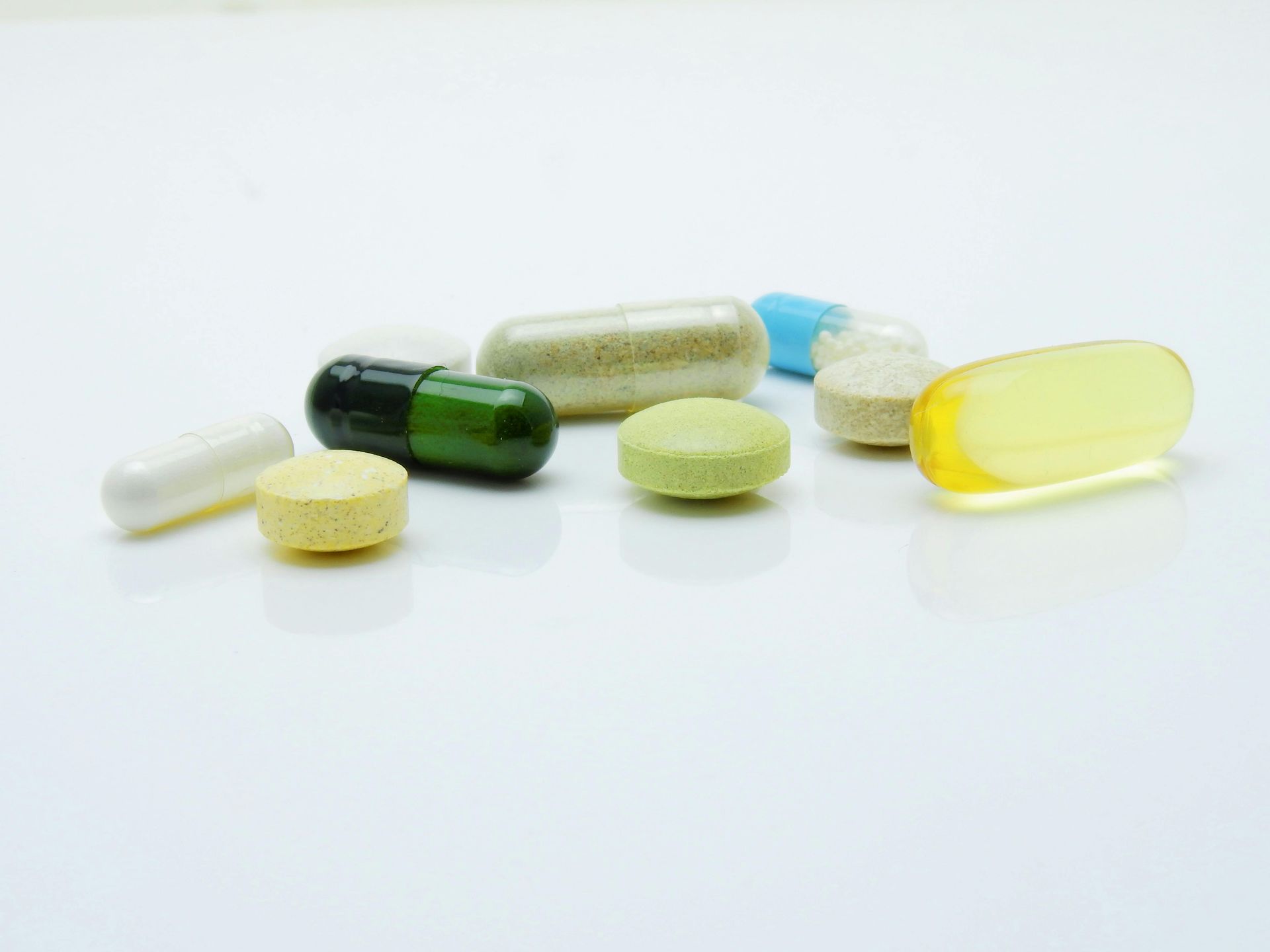Vitamin A: Are you getting the right amount?

Vitamin A is a fat-soluble vitamin that is essential for reproduction, vision, immune system function, and embryo and fetal development. There are two main types of vitamin A: preformed vitamin A known as retinoids, which are found in animal products, and are converted to retinoic acid, which regulates transcription of a number of genes. The second type of vitamin A is called carotenoids, which includes beta-carotene and hundreds of others. Only about 10% of carotenoids are capable of being converted to retinol and further to retinoic acid. Beta-carotene, alpha-carotene, and beta-cryptoxanthin are all capable of being converted to retinoic acid, though only small amounts are converted.
Most women hear about vitamin A in terms of toxicity – that you shouldn’t take too much vitamin A prior to and during pregnancy, as it may cause birth defects, which is true. We recommend limiting the amount of preformed vitamin A from supplements to no more than 5000 IU (which is equivalent to 1500 mcg RAE). RAE stands for Retinol Activity Equivalents and is the standard way of expressing vitamin A requirements and amounts in food, as it accounts for the differential bioavailability of preformed vitamin A and carotenoids. Supplement labels usually use International Units (IU) to list vitamin A doses, which can sometimes make sorting out your vitamin A intake confusing! There is no limit for carotenoids like beta-carotene, as they haven’t been shown to be capable of causing vitamin A toxicity or birth defects. Some prenatal vitamins do contain preformed vitamin A, such as retinal palmitate, which is fine and maybe helpful if you struggle to meet your vitamin A needs, as long as the preformed vitamin A is less than 5000 IU. Make sure to check all of your supplements for vitamin A, as other combination formulas aside from your prenatal vitamin may contain vitamin A.
The daily recommendation for vitamin A is 700 mcg RAE and increases to 770 mcg RAE in pregnancy. In the US, women are getting on average only 580 mcg per day – in other words, US women are not getting enough vitamin A. So while it’s important to make sure you’re not taking in excess vitamin A from supplements, it’s also important to make sure you’re getting enough vitamin A due to its essential role in reproduction, embryo development, and organ formation during fetal development.
Your best sources of preformed vitamin A include liver, fish, dairy, kidneys, eggs, poultry skin, butter, and dark meat chicken. Your best (plant) sources of carotenoids include: sweet potato, pumpkin, carrots, cantaloupe, spinach, kale, collards, and butternut squash. Absorption and conversion of carotenoids to active vitamin A is variable based on the food it’s contained in, and an individual’s ability to digest and absorb it. Because of the variable in absorption, it makes sense to include a mix of preformed vitamin A and carotenoids to meet your vitamin A needs.
Need some help sorting out your vitamin A intake. Book a nutrition consult today!




